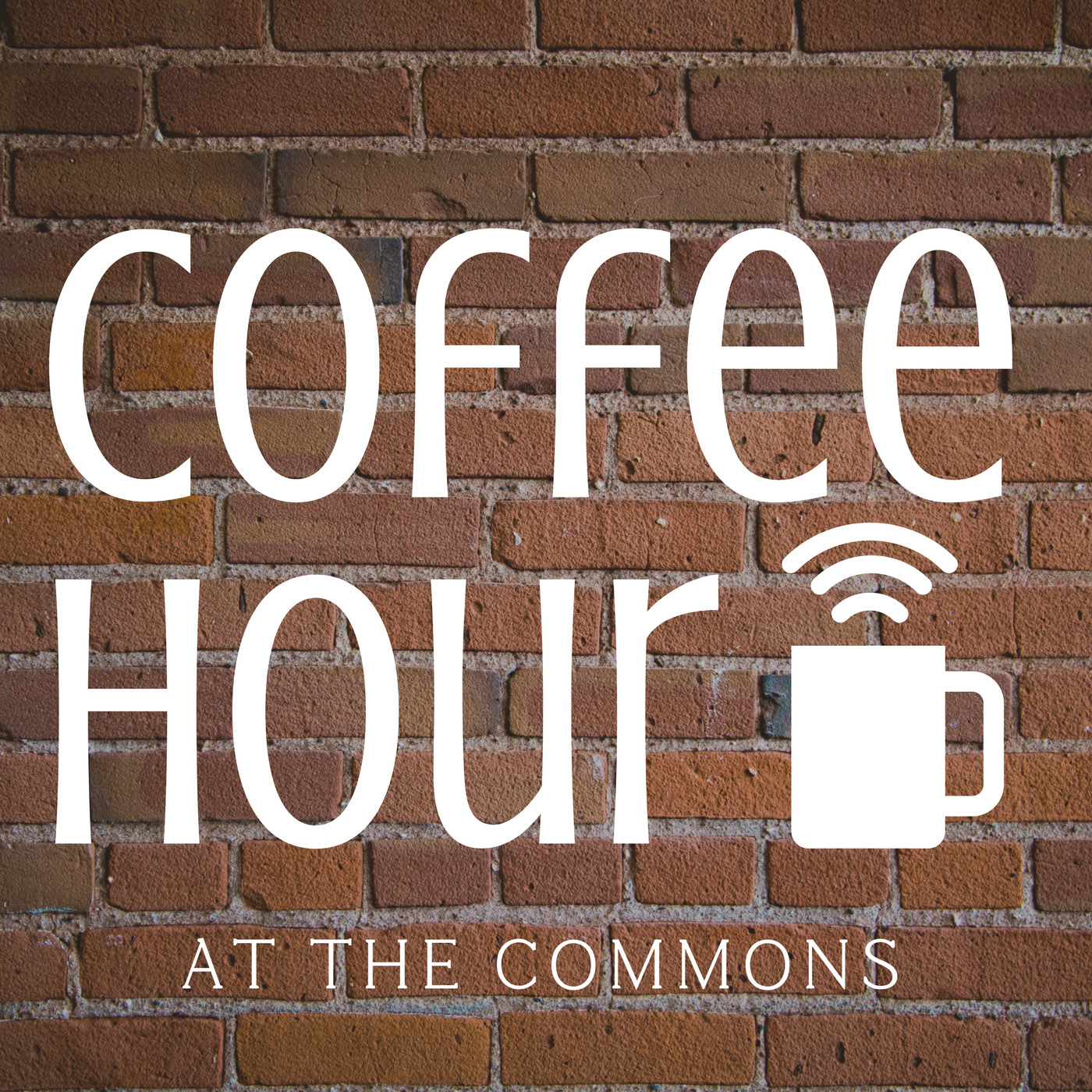- religion
- SEE MORE
- classical
- general
- talk
- News
- Family
- Bürgerfunk
- pop
- Islam
- soul
- jazz
- Comedy
- humor
- wissenschaft
- opera
- baroque
- gesellschaft
- theater
- Local
- alternative
- electro
- rock
- rap
- lifestyle
- Music
- como
- RNE
- ballads
- greek
- Buddhism
- deportes
- christian
- Technology
- piano
- djs
- Dance
- dutch
- flamenco
- social
- hope
- christian rock
- academia
- afrique
- Business
- musique
- ελληνική-μουσική
- World radio
- Zarzuela
- travel
- World
- NFL
- media
- Art
- public
- Sports
- Gospel
- st.
- baptist
- Leisure
- Kids & Family
- musical
- club
- Culture
- Health & Fitness
- True Crime
- Fiction
- children
- Society & Culture
- TV & Film
- gold
- kunst
- música
- gay
- Natural
- a
- francais
- bach
- economics
- kultur
- evangelical
- tech
- Opinion
- Government
- gaming
- College
- technik
- History
- Jesus
- Health
- movies
- radio
- services
- Church
- podcast
- Education
- international
- Transportation
- Other
- kids
- podcasts
- philadelphia
- Noticias
- love
- sport
- Salud
- film
- and
- 4chan
- Disco
- Stories
- fashion
- Arts
- interviews
- hardstyle
- entertainment
- humour
- medieval
- literature
- alma
- Cultura
- video
- TV
- Science
- en
Episode 9: Casino blues: Memories from the Rev. Cn. David Cannon of Poquetanuck

Our guests today are the Rev. Canon David Cannon (Canon Cannon), vicar emeritus of St. James’ Episcopal Church in Poquetanuck (aka Preston) and the Rev. Ron Kolinowski, a former vicar of St. James, Poquetanuck now priest in charge at St. Peter’s, Hebron.
David shares his memories and his reflections on two Native American tribes that live there and operate huge casinos: Foxwoods Resort Casino, established by the Mashantucket Pequot Tribal Nation and first opened in 1992, and the Mohegan Sun, established by the Mohegan Tribe, and first opened in 1996. They were bound by the same contract with the State of Connecticut, but had different histories and approaches
David Cannon was born in 1937 and this year will celebrate the 55th year of his ordination. In 2013 a local newspaper did a feature on Fr. Cannon. The writer described how the '60s shaped David as a young man; how he, with his wife, Ann-etta, remained active in the community, particularly in education; and how he spent nearly all of his ministry at St. James in Poquetanuck, located near the casinos in southeast Connecticut. David lived and raised his family in a house on the edge of St. James’ property. He retired from St. James in 1999 and after a few years was invited back as “vicar emeritus,” which went against the wisdom and advice of the bishop and diocesan staff, but it worked there. His beloved wife died in 2009 and his eldest son, also named David, died from illnesses in 2010. Father Cannon,” as he’s usually known, has two other children, plus grandchildren and great-grandchildren. He recently has moved to assisted living in Groton.
He was joined for this podcast by the Rev. Ron Kolinowski, one of the priests who later served with him at St. James’, and who remains a colleague and friend.
During the podcast David also talks about another former vicar at the parish with whom he worked, the Rev. Jaclyn Sheldon, whom he refers to as, "Amma Jackie."
We asked him to share his memories, as filtered by time and experience, and recognize there are other people with other perspectives.
He starts by talking about his visits to the Mashantucket Pequot reservation with a Roman Catholic nun in the days before the casino. Skip Hayward was the grandson of the guardian of their tradition. "Never leave the reservation," was her mantra.
He didn't name her, though it's likely this was Elizabeth George.
The precedent for gambling in Connecticut was set by the Roman Catholic and Episcopal churches, David says, because we were allowed bingo and also lotteries to raise funds. (David and Ron reference Bishop Williams and the 1938 hurricane but we couldn't find links to documents. We did find, however, a history of the Episcopal Academy of Connecticut (aka Cheshire Academy) by Lucy Cushing Jarvis, published in 1902, among the Project Canterbury documents. It said the Episcopal Academy needed to raise funds and petitioned the General Assembly for a lottery. It states that: "In 1802, an act was finally passed, granting a lottery, to raise the sum of $15,000." http://anglicanhistory.org/usa/lcjarvis1902/34.html)
Because of that, the legal sticking point for the casinos wasn't gambling per se, he said, it was the slots.
When Ella Grasso served as governor, the legislature promised that if she approved the casino, they'd only use the income for education. But that didn't last long at all.
The casinos certainly led to jobs for tribal nation members, and, to controversy and conflict in the community. David experienced a difference in the way the Mashantucket Pequots and the Mohegans approached the casinos and the expansion over the years, and he sounds disappointed that the "get rich quick" mentality still pervades.